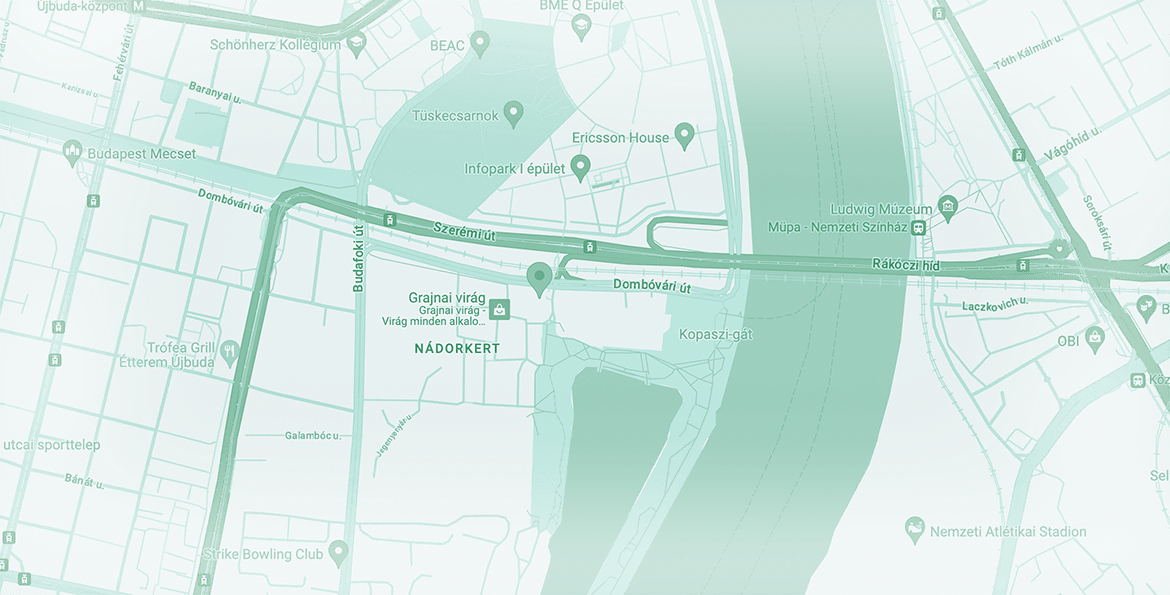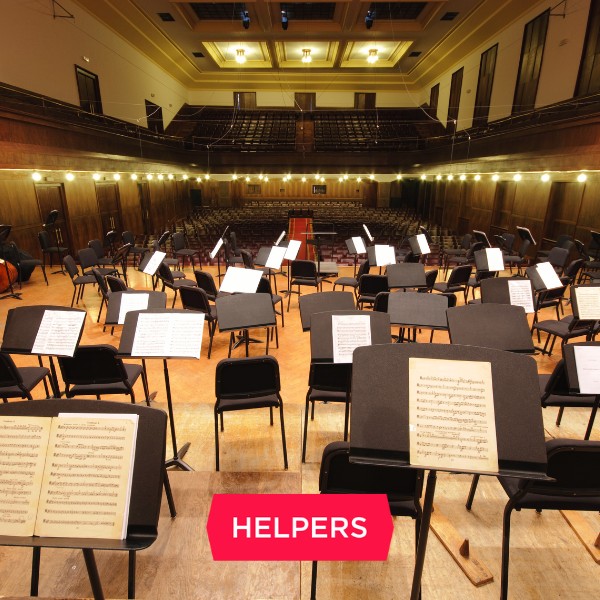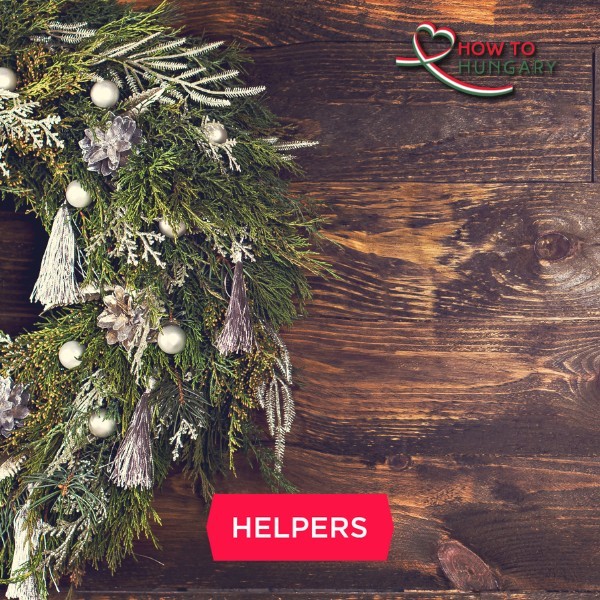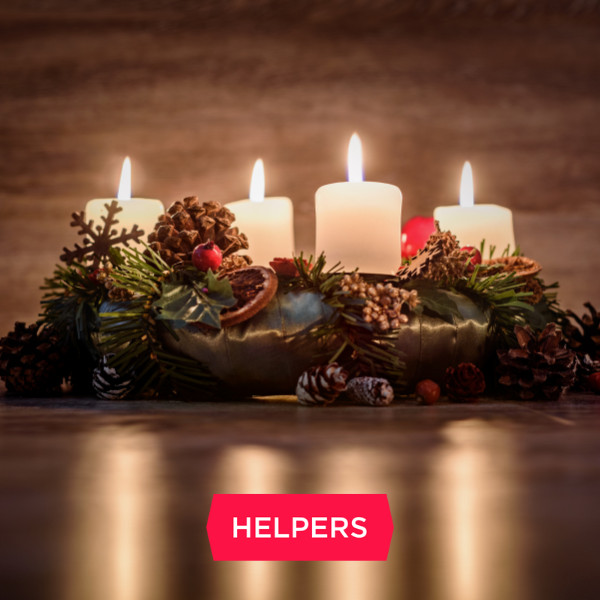
Easter in Hungary
Easter is the biggest Christian festival, celebrated all over Hungary (as most of the population is at least culturally Christian). However, there are also various folk traditions tied to this festivity. Read on to learn how we celebrate Easter in Hungary.
Easter is the biggest Christian festival, celebrated all over Hungary (as most of the population is at least culturally Christian). However, there are also various folk traditions tied to this festivity. Read on to learn how we celebrate Easter in Hungary.
About Easter in a nutshell
Easter commemorates the death and resurrection of Jesus Christ, the central figure of Christianity, the incarnation of God. He was betrayed on a Thursday night, after the Last Supper with his apostles, and he was crucified on the following day, on Friday. He died and was buried, but he was resurrected on Sunday, and spent 40 days more on Earth before he went to Heaven.
Easter is a moveable feast. Easter Sunday is the first Sunday after the first full moon on or after the spring equinox. Lent, which starts after “Farsang” on Ash Wednesday, ends on Holy Saturday, so the first day after Lent is Easter Sunday. This is reflected in the Hungarian name of Easter, “Húsvét”, when you first “take meat” after Lent.
In Hungary, Good Friday, Easter Sunday and Easter Monday are public holidays. In 2025, they fall on April 18, 20, and 21.
Christian celebrations
Almost half of Hungary is Christian, and more than a quarter is Roman Catholic. A hundred years ago, however, the vast majority was Christian, and more than half or religious people was Roman Catholic. As a result, Catholic and Christian traditions heavily influenced Easter traditions in Hungary.
The most notable days related to Easter are as follows. Each has its specific liturgies and ceremonies.
- Palm Sunday (“Virágvasárnap”, literally “Flower Sunday”): the last Sunday before Easter Sunday, the first day of the Holy week (“Nagyhét”, literally “Big Week”), commemorating the entry of Jesus in Jerusalem.
- Maundy Thursday (“Nagycsütörtök”, literally “Big Thursday”): the commemoration of the Last Supper and the Washing of the Feet.
- Good Friday (“Nagypéntek”, literally “Big Friday”): the commemoration of the crucifixion of Jesus.
- Holy Saturday (“Nagyszombat”, literally “Big Saturday”): the last day of Lent.
- Easter Sunday (“Húsvétvasárnap”): the resurrection of Jesus, often also celebrated with a procession.
As Easter Sunday is the first day after Lent, it is also traditional to take festive food to the church that day to get it blessed, and then eat it together with the family. Such food include ham, eggs, sweet bread (“kalács”, sometimes kolach in English), or even wine. On this day, people are not supposed to clean or cook, but they are allowed to dance again.
Easter in Hungarian folklore
Easter is closely tied not only to Christianity but also the arrival of spring and the celebration of renewal and fertility. In line with this, the most notable Easter tradition in Hungary is watering young women on Easter Monday so they grow big and healthy (and fertile), in exchange for which the men receive dyed or otherwise decorated eggs.
Eggs are decorated either on Easter Sunday or over the preceding days. Sometimes they are simply dyed red by hard boiling them together with onion skins. In modern times, you can use color pastilles instead of onion skins, which you can buy in any shop before Easter to dye eggs red, green, blue, or yellow. There are various methods for decorating eggs, however, and many regions have their own special methods or patterns. You can hand paint eggs, apply wax before dying so the paint will not take in the patterns you draw, blow out the egg and carve out the empty shell as if they were lace, or even “shoe” eggs.
On Easter Monday, young men walk through the village, usually in groups while saying rhymes, to water girls and young women. “Watering” (“locsolkodás”) originally meant pouring buckets of well water on the girls, whether they wanted it or not. In exchange for their services, the men receive dyed eggs (and drinks) from the girls.
In city settings, the tradition got a lot tamer over the years. Men of all ages visit female relatives and friends predominantly to water them, and sometimes even the neighbors. The watering itself is done either with a small perfume or water spray, but only if it is allowed. To gain permission, men are supposed to recite a “watering rhyme”, which is usually short and witty, and ends in a request for permission. In exchange for the watering, they receive decorated eggs, chocolate eggs, money, drinks, or a combination of all of these. (Because of the heavy drinking expected, police will check on drivers more often on Easter Monday to prevent accidents caused by DUI.)
At the same time, children receive gifts from the Easter Bunny (same as how they receive gifts from Santa Claus). The gifts include chocolate eggs or bunnies, stuffed bunnies, or small toys. Sometimes kids also receive actual real-life bunnies for Easter, but vets, zoos, NGOs promoting responsible pet ownership, and sometimes even pet shops advocate against this, since a pet rabbit requires care for 6-8 years to come, and children (or their parents) are often not ready for the commitment.
Celebrate Easter like a Hungarian
Are you in Hungary during Easter? Then try and check out Easter-related events in your area. If you live in Hungary, it makes sense to ask your neighbors how seriously they take the watering in the neighborhood, and whether you should expect any visitors.
Do you have any Hungarian ancestors? Then celebrating Easter might be an especially fun way to learn more about the traditions in your family. Moreover, you might even qualify for Hungarian citizenship based on your heritage. In that case, we would be happy to help you on your journey. We have also built a free, online survey with which you can test if you have everything you need for the application.
Did you like this article? Follow us on Facebook to learn more about Hungary, or share your experience under our blog post.
Contact
Get in touch today
Monday - Friday
9am - 5pm CET
Helpers Hungary Kft
Budapart Gate
Dombóvári út 27
Budapest 1117, Hungary
If you’re visiting us, please use entrance A and come to the 2nd floor.





